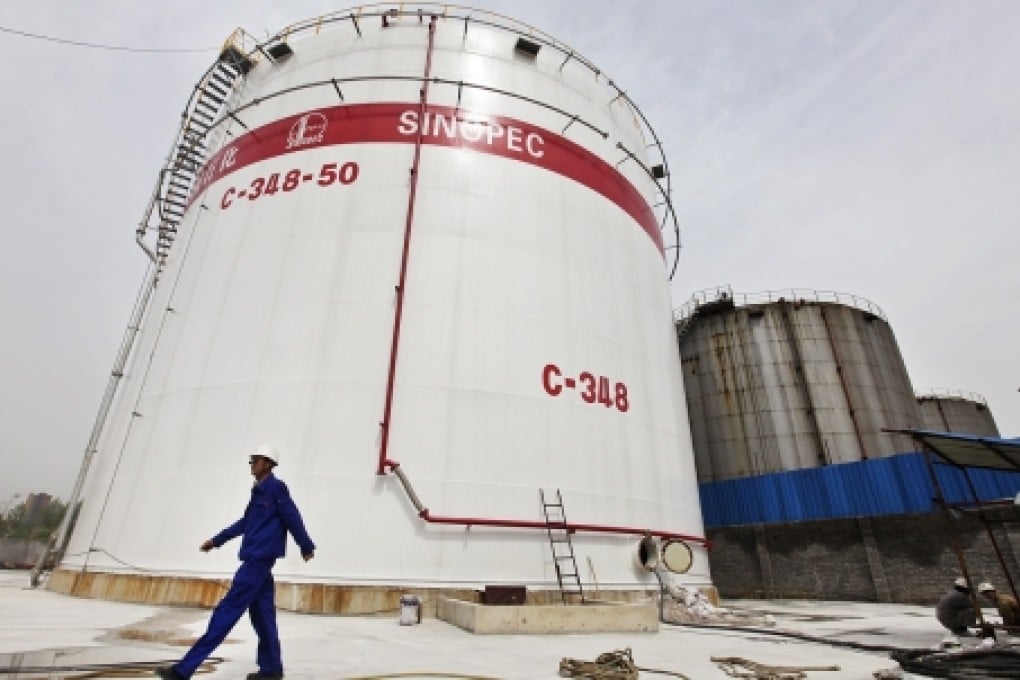China’s failure to audit overseas state-owned assets ‘creates hotbed of corruption’
The overseas assets of China's state-owned companies 'provided a hotbed of corruption because central government almost never audited their financial accounts'.

The overseas assets of China's state-owned companies provided a hotbed of corruption because the central government almost never audited their financial accounts, a former senior government auditor has claimed.
Dong Dasheng , former deputy director of the National Audit Office, criticised the existing auditing system at yesterday's forum organised by the state-owned Asset Supervision and Administration Commission, China Youth Daily reported.
"In practice over many years, the 'off-the-book' tradition meant [the office] basically never audited the overseas investments of state-owned companies, which were growing larger," Dong was quoted by the newspaper as saying during the forum.
More than 110 large state-owned firms had assets of more than 4.3 trillion yuan (HK$5.4 trillion) outside the mainland up to the end of 2013 - 12.5 per cent of their total assets, a central government estimate suggests.
The huge disappearance of state-owned assets and arrests of some senior executives for corruption stemmed largely from weaknesses in the auditing system, Dong was quoted as saying by the newspaper.
The assets of only a half of the large state-owned firms were directly checked by the office. The other assets were audited by a third party, such as a commercial auditing service provider.